| বাংলায় পড়ুন | Researchers and Reporters: Tanjil Fuad Isfaqul Kabir |
Coca-Cola Bangladesh published an ad on June 11, 2024, asserting that Coca-Cola is not an Israeli product. Bangladeshis have responded strongly to such misinformation during the Gaza conflict. The claim that “Coca-Cola has a factory in Palestine” made the advertising especially contentious. This factory is in reality situated in a West Bank Israeli settlement. This was constructed against international law.
Reaction of Bangladeshi citizens
Shortly after its airing, the commercial sparked social media criticism. Many people expressed dissatisfaction about the advertising, saying it was “full of misinformation and indifferent to sensitive issues.” “Showing such false information against the backdrop of the Israeli aggression is a direct disrespect to Palestine,” a Facebook user commented.
The public also criticized the actors and creative team behind the commercial. “I only made the advertisement with the information provided by the company; I have no political stance,” one of them stated. However, many viewers and the broader public wouldn’t prefer to accept this tenuous reasoning.
But why is this reaction to Coca-Cola
The people of Bangladesh have a long history of being anti-Israel. A passport from Bangladesh is enough to demonstrate the country’s strong ties to Israel. Israel’s name was always included on Bangladeshi passports, where it was mentioned that they could go to any country except this one. Furthermore, the ongoing conflict between Israel and Palestine, which began last year, has increased Bangladeshis’ resentment of Netanyahu’s forces. Many people boycott Israeli-affiliated brands because they support the Palestinian people and condemn Israeli brutality. There isn’t any proof that Coca-Cola actively supports Israel, although some individuals think it helps the Israeli economy.
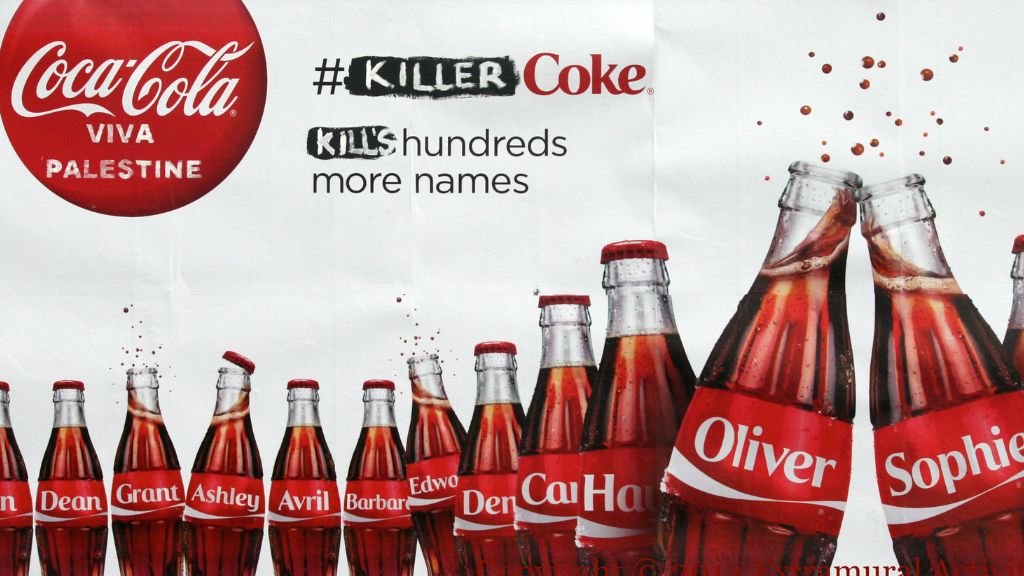
Expression of reactions and emotions toward Coca-Cola. | Photo collected.
Public Opinion
During the Gaza conflict, most in Bangladesh believe that campaigns like this are pointless. They anticipate that businesses will include global concerns in their marketing plans. This incident taught Coca-Cola a valuable lesson: disregarding cultural and political sensitivity in marketing techniques can backfire. A lot of people are using social media to share their thoughts about Coca-Cola. One such individual posted, “Ask someone why they are drinking blood on Eid if you see them drinking Coca-Cola. Not even Coke! Avoid 7 Up, Pepsi, Mountain Dew, Sprite, Mirinda, and Kinley. As substitutes, you may have Bangladeshi products like Mojo, Fresh Cola, Afi, Tiger, and Speed. Facebook users are urging others to “Boycott Coca-Cola.” By posting various commercials and images, they are voicing their opinions about Coca-Cola.
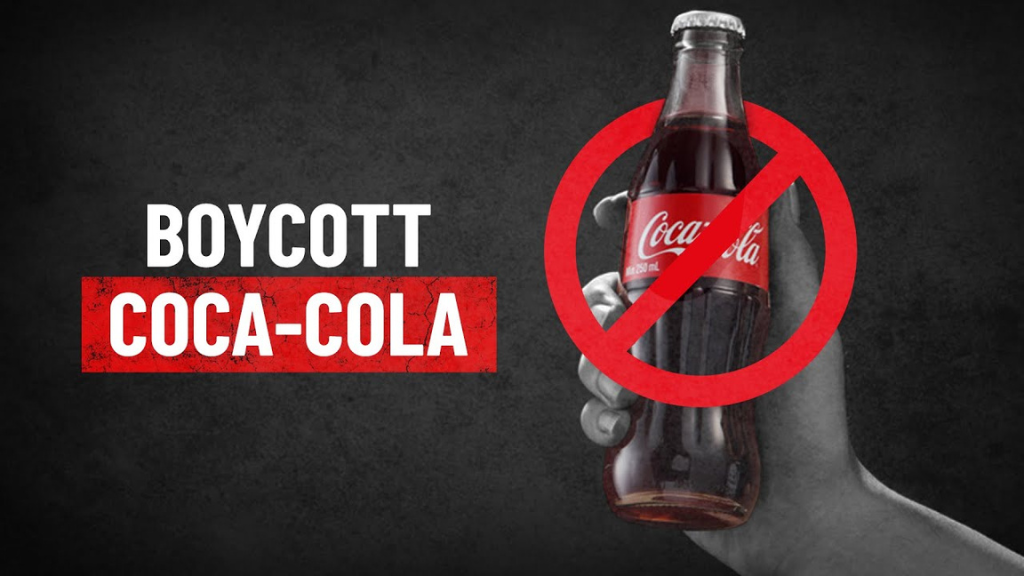
Protest against Coca-Cola’s boycott. | Photo collected.
Mojo’s growth and ability to produce
The indigenous brand Mojo has gained appeal in the Bangladeshi market as a result of the Coca-Cola scandal. Since its 2006 inception, Mojo by Akij Food and Beverage Limited has been exported to roughly 47 nations. Some sources claim that Mojo’s production capacity is insufficient to satisfy Bangladesh’s whole demand, perhaps leading to a supply crisis. And that’s what’s going on in the market right now; when customers go to stores to buy Mojo, they can’t buy it because it’s low stock. But because of donations or aid for Palestine, Mojo has been able to reach out to the people.
Current circumstances at Coca-Cola
Following the uproar, Coca-Cola Bangladesh took the commercial off its YouTube channel. And they shut down their Facebook page’s comment section. As of right now, Coca-Cola sales in Bangladesh have drastically dropped. In Bangladesh, Coca-Cola’s market share has dropped by roughly 23% as a result of this contentious controversy. Coca-Cola held around 42% of the market before this occurrence.
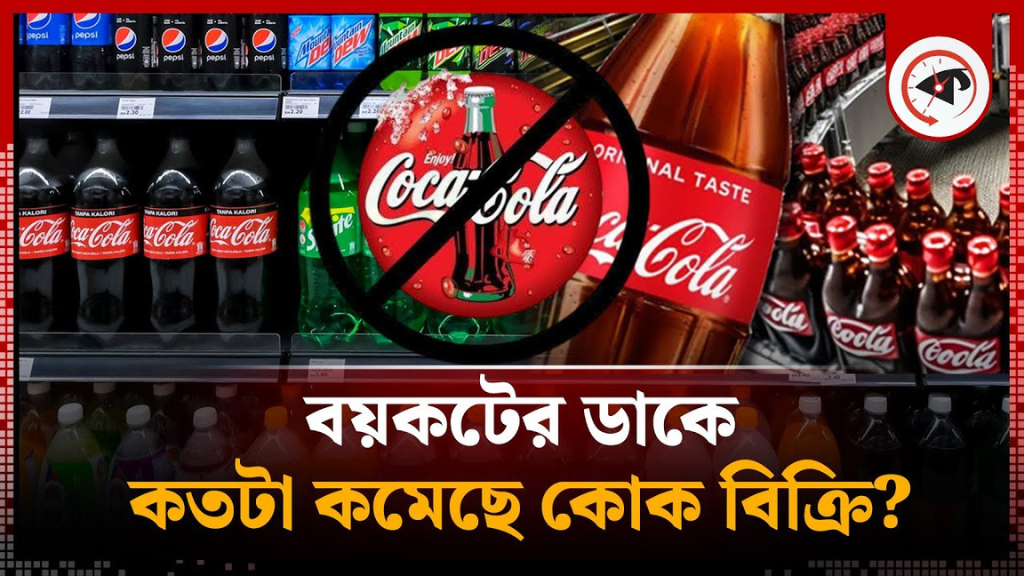
An illustration of Coca-Cola’s current situation. | Photo collected.
In the Bangladeshi market, local brand Mojo seized the chance after Coca-Cola’s contentious campaign hurt their standing there. To satisfy the rising demand and solidify its place in the market, Mojo must expand its production capacity. The remaining soft drink producers in the nation have space to improve in this area as well.
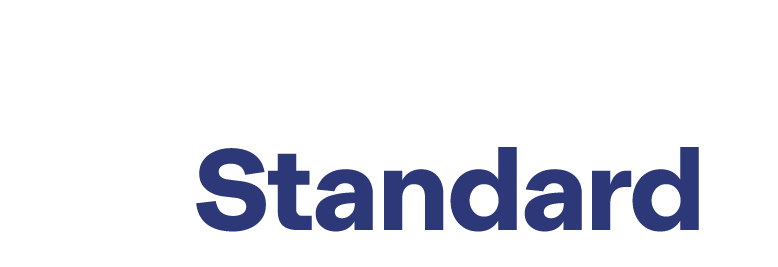
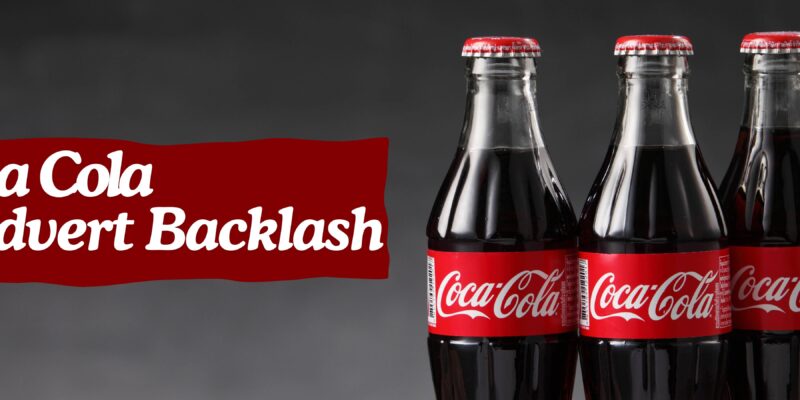






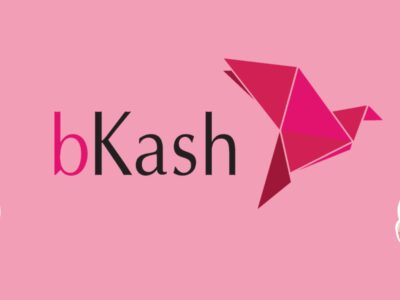

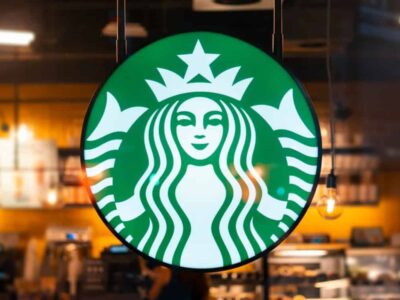
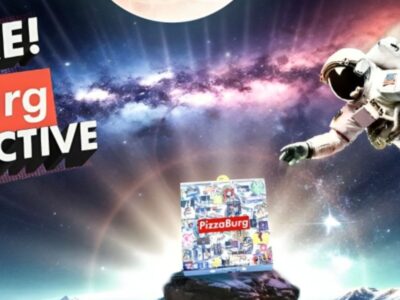


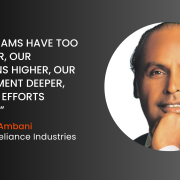
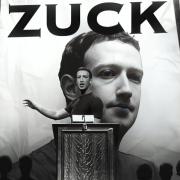

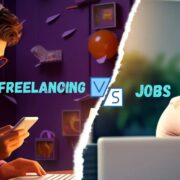
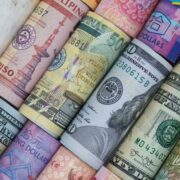

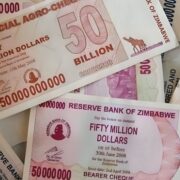
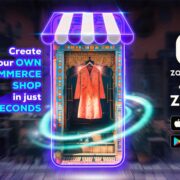
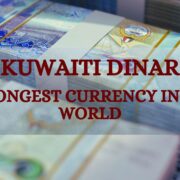
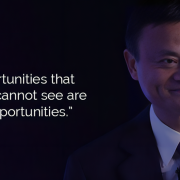




Comments